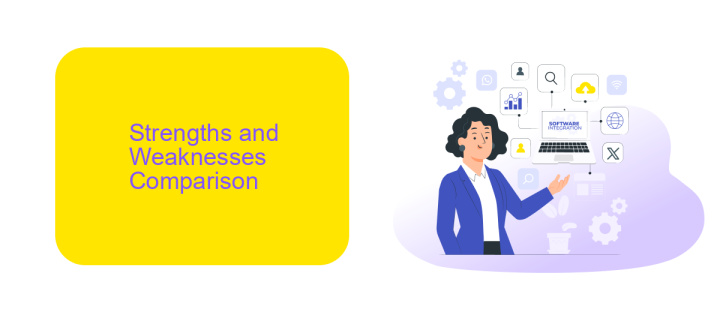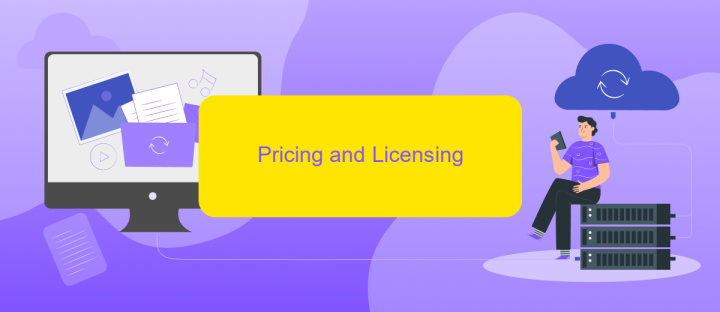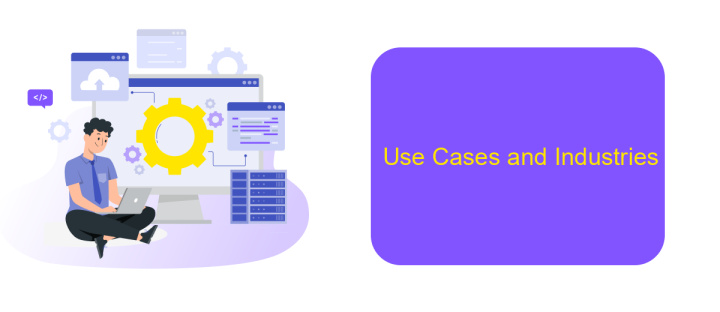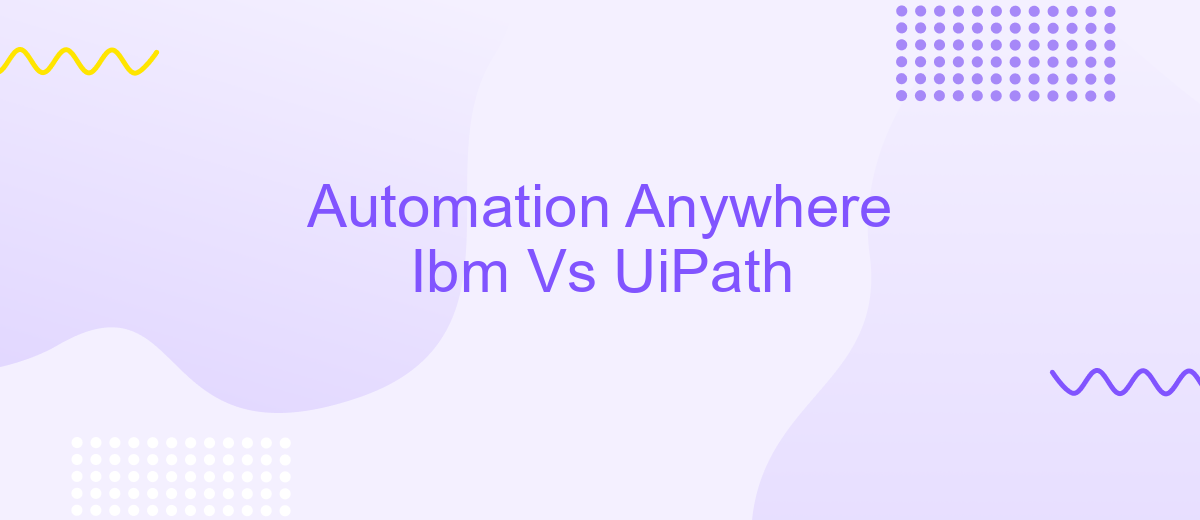Automation Anywhere Ibm Vs UiPath
In the rapidly evolving landscape of robotic process automation (RPA), three major players—Automation Anywhere, IBM, and UiPath—stand out for their innovative solutions and robust capabilities. This article delves into a comparative analysis of these industry leaders, examining their strengths, weaknesses, and unique features to help businesses make informed decisions about which platform best suits their automation needs.
Introduction
Automation Anywhere, IBM, and UiPath are three of the most prominent names in the field of Robotic Process Automation (RPA). These platforms offer unique capabilities and features that cater to various business needs, making it essential to understand their differences and strengths.
- Automation Anywhere: Known for its user-friendly interface and strong automation capabilities.
- IBM: Offers robust integration with its extensive suite of enterprise solutions.
- UiPath: Renowned for its scalability and comprehensive training resources.
Choosing the right RPA tool depends on various factors including the complexity of tasks, integration requirements, and scalability. Services like ApiX-Drive can further enhance these platforms by providing seamless integration solutions, making it easier to automate workflows across different systems. Understanding these aspects will help businesses make informed decisions when selecting an RPA platform.
Strengths and Weaknesses Comparison

Automation Anywhere excels in its user-friendly interface and robust analytics capabilities, making it a preferred choice for businesses focused on data-driven decision-making. Its strong integration with various enterprise systems ensures seamless workflow automation. However, it can be complex to set up initially, requiring a steep learning curve for new users. Additionally, the cost can be a barrier for smaller organizations.
UiPath, on the other hand, stands out for its extensive community support and comprehensive training resources, which facilitate quicker adoption and implementation. Its flexibility and scalability make it suitable for businesses of all sizes. Nonetheless, UiPath may lack some advanced analytics features compared to Automation Anywhere. Integration with other systems can also be challenging, but services like ApiX-Drive can simplify this process by providing easy and efficient integration solutions.
Pricing and Licensing

When comparing the pricing and licensing models of Automation Anywhere, IBM, and UiPath, it's essential to consider the specific needs and scale of your organization. Each platform offers various pricing tiers and licensing options to cater to different business requirements.
- Automation Anywhere: Automation Anywhere provides a flexible pricing structure, including a subscription-based model and a perpetual license. The subscription model is ideal for businesses looking for lower upfront costs, while the perpetual license suits companies seeking long-term investment.
- IBM: IBM's pricing is primarily based on the number of bots and the level of support required. They offer both on-premises and cloud-based solutions, with additional costs for advanced features and integrations.
- UiPath: UiPath offers a range of licensing options, including community, enterprise, and cloud-based plans. Their pricing model is designed to scale with the growth of your business, providing flexibility and cost-effectiveness.
For businesses requiring seamless integration with various applications, services like ApiX-Drive can be invaluable. ApiX-Drive helps automate and streamline the integration process, making it easier to connect different platforms and enhance overall efficiency. Carefully evaluating the pricing and licensing options of each RPA tool, along with integration services, will ensure you choose the best solution for your organization.
Use Cases and Industries

Automation Anywhere, IBM, and UiPath are prominent players in the field of Robotic Process Automation (RPA), each offering unique solutions tailored to various use cases and industries. These platforms streamline repetitive tasks, enhance productivity, and reduce human error across multiple sectors.
In the financial services industry, RPA is used for automating compliance processes, data entry, and transaction monitoring. Healthcare providers leverage these tools for patient data management, billing, and appointment scheduling. In manufacturing, RPA optimizes supply chain operations, inventory management, and quality control.
- Financial Services: Compliance, data entry, transaction monitoring
- Healthcare: Patient data management, billing, appointment scheduling
- Manufacturing: Supply chain operations, inventory management, quality control
- Retail: Order processing, customer service, inventory tracking
- Telecommunications: Network management, customer onboarding, billing
For seamless integration of RPA tools with existing systems, services like ApiX-Drive can be invaluable. ApiX-Drive facilitates the integration of various applications and automates data transfer, ensuring smooth and efficient workflows. This enhances the overall efficiency and effectiveness of RPA implementations across different industries.
Market Share and Adoption
Automation Anywhere, IBM, and UiPath are three significant players in the Robotic Process Automation (RPA) market, each with its unique strengths and adoption rates. UiPath has emerged as a leader due to its user-friendly interface and extensive community support, making it a popular choice among businesses of all sizes. Automation Anywhere is also a strong contender, particularly favored by enterprises looking for scalable and secure automation solutions. IBM, leveraging its strong brand and AI capabilities, has carved out a niche for itself, particularly in industries requiring complex integrations and robust data analytics.
The adoption rate for these platforms varies based on industry needs and organizational size. Small to medium-sized businesses often prefer UiPath for its ease of use and cost-effectiveness. Larger enterprises may opt for Automation Anywhere or IBM for their advanced features and scalability. Additionally, services like ApiX-Drive facilitate seamless integration between these RPA tools and various business applications, enhancing their overall adoption and effectiveness. This ability to integrate smoothly into existing workflows is a critical factor driving the market share of these RPA solutions.
- Automate the work of an online store or landing
- Empower through integration
- Don't spend money on programmers and integrators
- Save time by automating routine tasks
FAQ
What are the main differences between Automation Anywhere, IBM, and UiPath in terms of ease of use?
How do Automation Anywhere, IBM, and UiPath compare in terms of scalability?
Which platform is better for integrating with existing enterprise systems?
How do these platforms handle security and compliance?
Can these platforms be used for automating tasks without deep technical knowledge?
Apix-Drive is a simple and efficient system connector that will help you automate routine tasks and optimize business processes. You can save time and money, direct these resources to more important purposes. Test ApiX-Drive and make sure that this tool will relieve your employees and after 5 minutes of settings your business will start working faster.


